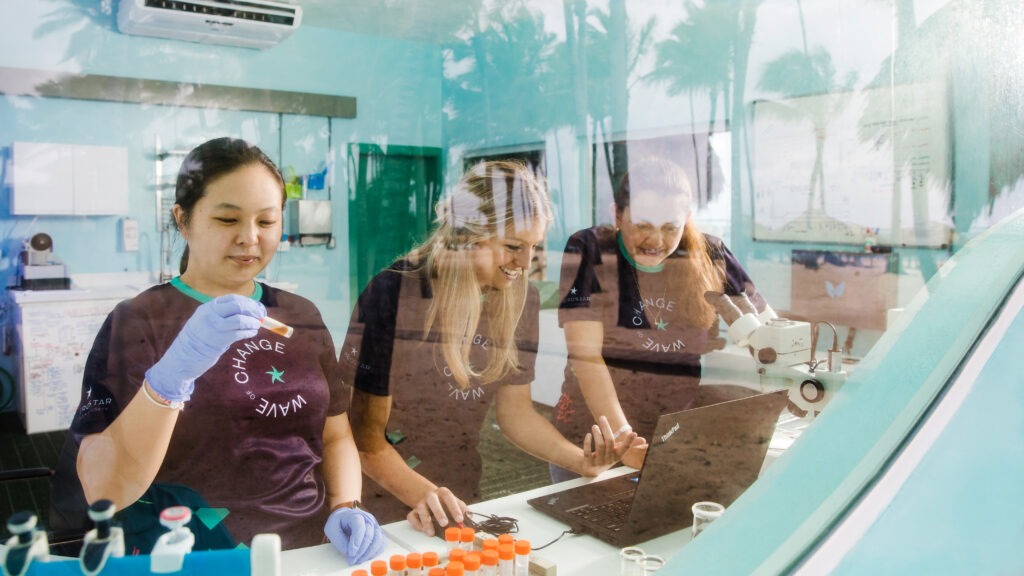Coastal ecosystems are home to many species of plants and animals and provide crucial goods and services to all their interconnected terrestrial and marine systems. Despite representing only 2% of the Earth’s surface, coastal ecosystems are among the most productive systems regarding services related to human wellbeing. They provide direct services in terms of food supply and livelihoods to coastal communities. These ecosystems contribute to approximately one-third of the world’s population and profit sectors, such as tourism and commercial fisheries, contributing billions to trillions of dollars to the global economy.
It is well demonstrated that when nature thrives, it better protects our communities, businesses and vacations. Whether it be the protection of our facilities from storm surges, the provisional services such as sustainable fisheries, or the regulatory services such as active carbon sequestration, in nature, we find a multitude of solutions.

Marine environments are changing at an unprecedented rate. Anthropogenically induced global climate change and related threats such as elevated water temperature, ocean acidification, relative sea-level rise and increased frequency and intensity of hurricanes are some of the greatest threats to coastal marine ecosystems.
More than 80% of our hotels are located along the coastline. Coral reefs, mangroves, seagrasses, wetlands, dunes and other ecosystems all play an integral role in protecting our coasts and, in turn, our hotels. Our commitment to the oceans is ingrained in our company DNA. It is one of the pioneering ways we contribute towards leading Responsible Tourism. Specifically, we have committed to having all ecosystems that surround Iberostar properties in improving ecological health alongside profitable tourism by 2030. To achieve this, we not only need science-based targets that align with global goals, but investigative research to achieve those targets. That means a rigorous, science-based and expert-informed approach to our actions in coastal health.
To conduct this research and work on coastal health, we have our own internal team of researchers as well as collaborations with NGOs or universities in the countries where we operate. We aim to complement existing work in the region, ensure our questions are based on the latest scientific findings and immediately apply our findings to improve our ocean stewardship.
We also believe any research we conduct should be open-sourced to the best of our ability. Performing sound, fundamental research is at the heart of all we do because we understand this rigorous science is necessary to ensure a resilient and productive future for our oceans. Our research will also help us ensure that you can continue to enjoy the beautiful oceans for years to come.






